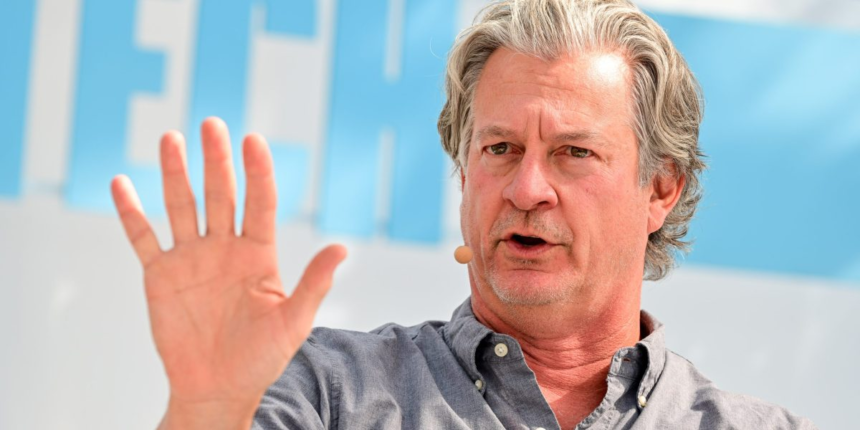“Some AI shops are good actors. Open AI is a good guy,” said Vogel. “The worst guy is Google.”
Prince observed that, in the past, Google served as a “great patron” to the Internet by ingesting the content of web pages in order to display links to those pages in response to people’s search queries. This arrangement directed traffic to companies’ websites, offering them a chance to make money from the visitors.
Today, that traffic is falling dramatically since AI-generated answers often provide all the information users need. Google is among those supplying AI answers based on information it has crawled from companies’ websites but, unlike its traditional search results, Google’s AI answers don’t deliver the same traffic to websites—leading the likes of Vogel to fret that publishers have already traded analog dollars for digital dimes, and are now trading those dimes for AI pennies.
Vogel noted that, while Google searches are bringing less traffic to People Inc websites than in the past, they still account for between 25-30% of visits, making it financially unviable to cut off the company’s crawlers. He added that some AI firms have already agreed to pay content creators—including Anthropic, which this month reached a $1.5 billion settlement with book publishers—and that others are actively working on similar arrangements. The exception is Google, which Vogel dubbed a “bad actor.”
Google declined to comment on Vogel’s remarks.
The current controversy over Google and other big AI’s use of others’ content has strong echoes of the early internet era. That era—and Google—may also offer a solution. Bill Gross, an influential early Internet figure credited with pioneering the paid search advertising business model and who is now founder and publisher of ProRata.ai, points to what happened with YouTube, which Google acquired in 2006.
“The right way to solve this is not with lawsuits but with royalties,” said Gross, whose firm offers AI-related monetization options. “It opens up incentives for lots of new content to be created.”
Prince sounded even more bullish, predicting a “golden age” where AI companies would provide annual payments to those who produced unique and valuable content. He cited recent deals in which OpenAI agreed to pay the New York Times, Reddit and others.
“I don’t see any benefit to partnerships with AI,” said Min. “I see the tech story happening over and over again. They come in and offer you money and it’s hard not to say no to shiny things.”
Min says Ankler has blocked all AI crawlers and is sticking with its strategy of building a media business around paid newsletters and Substack content instead.









